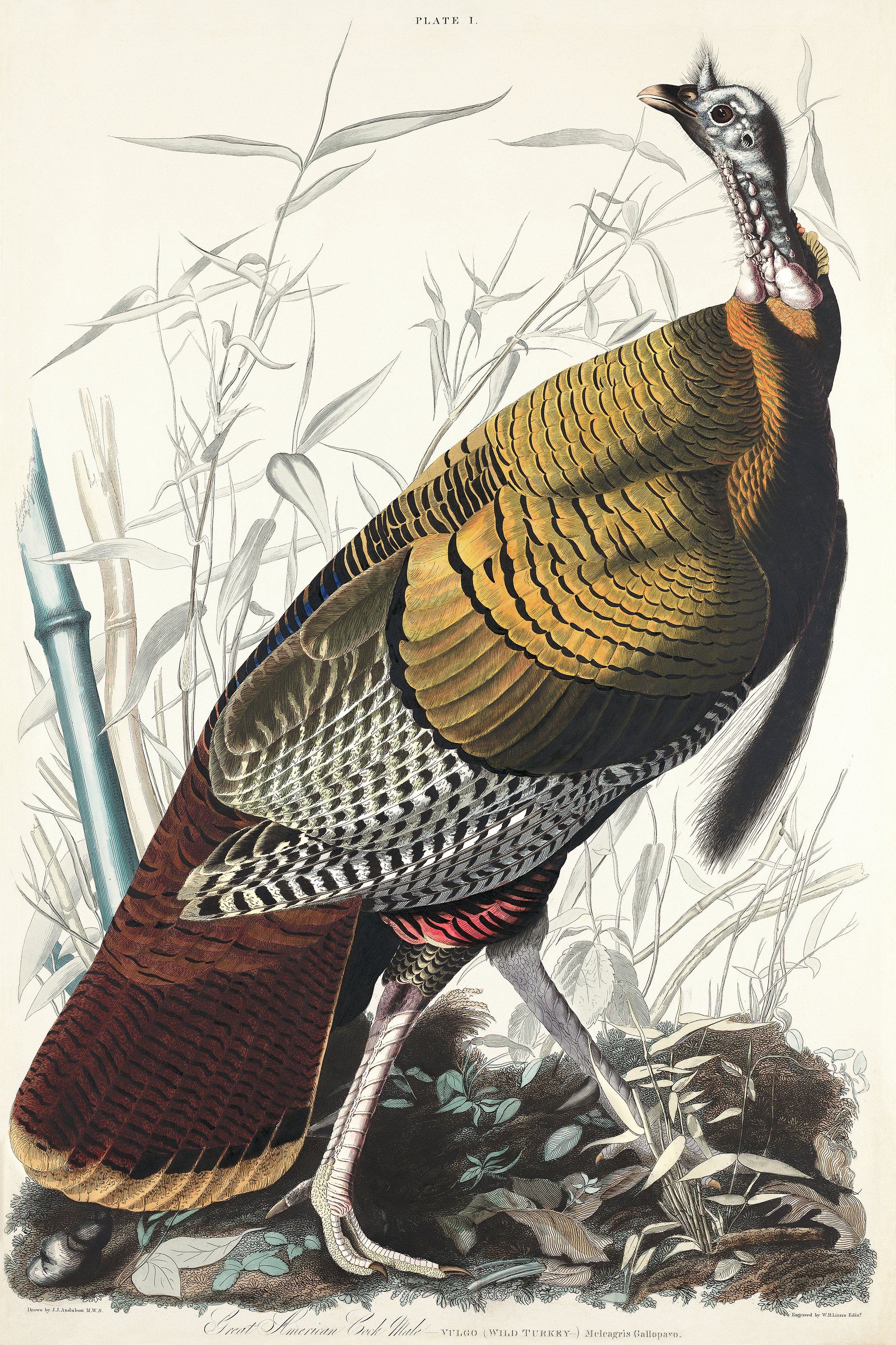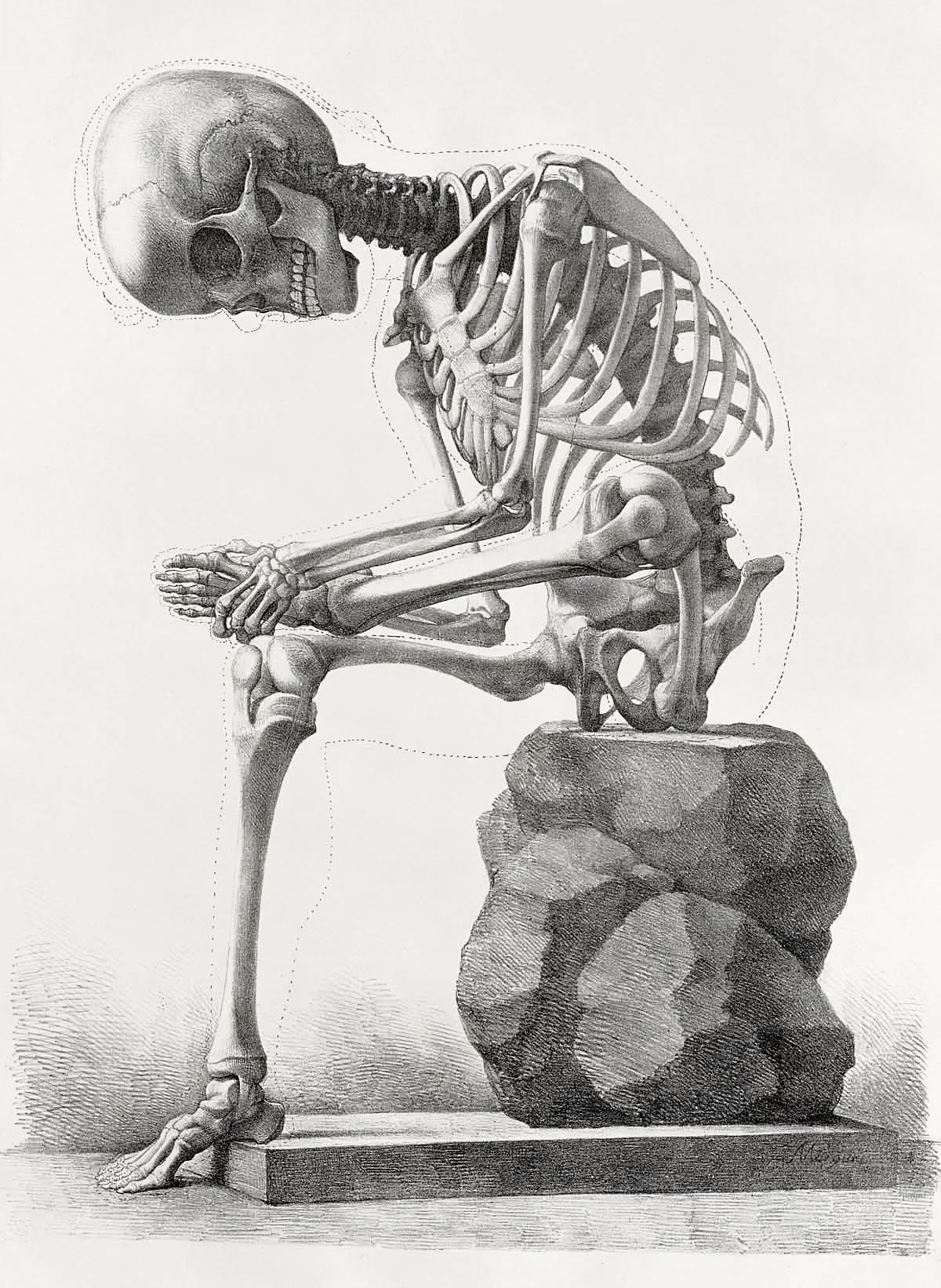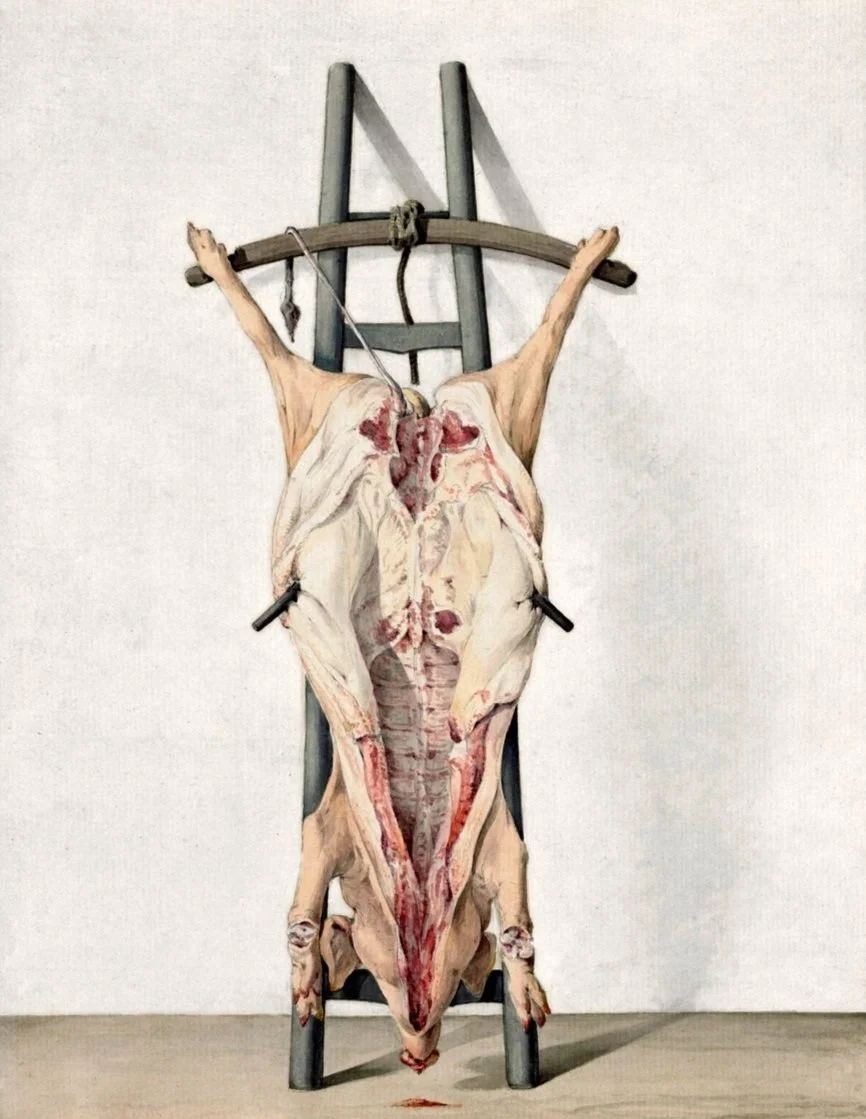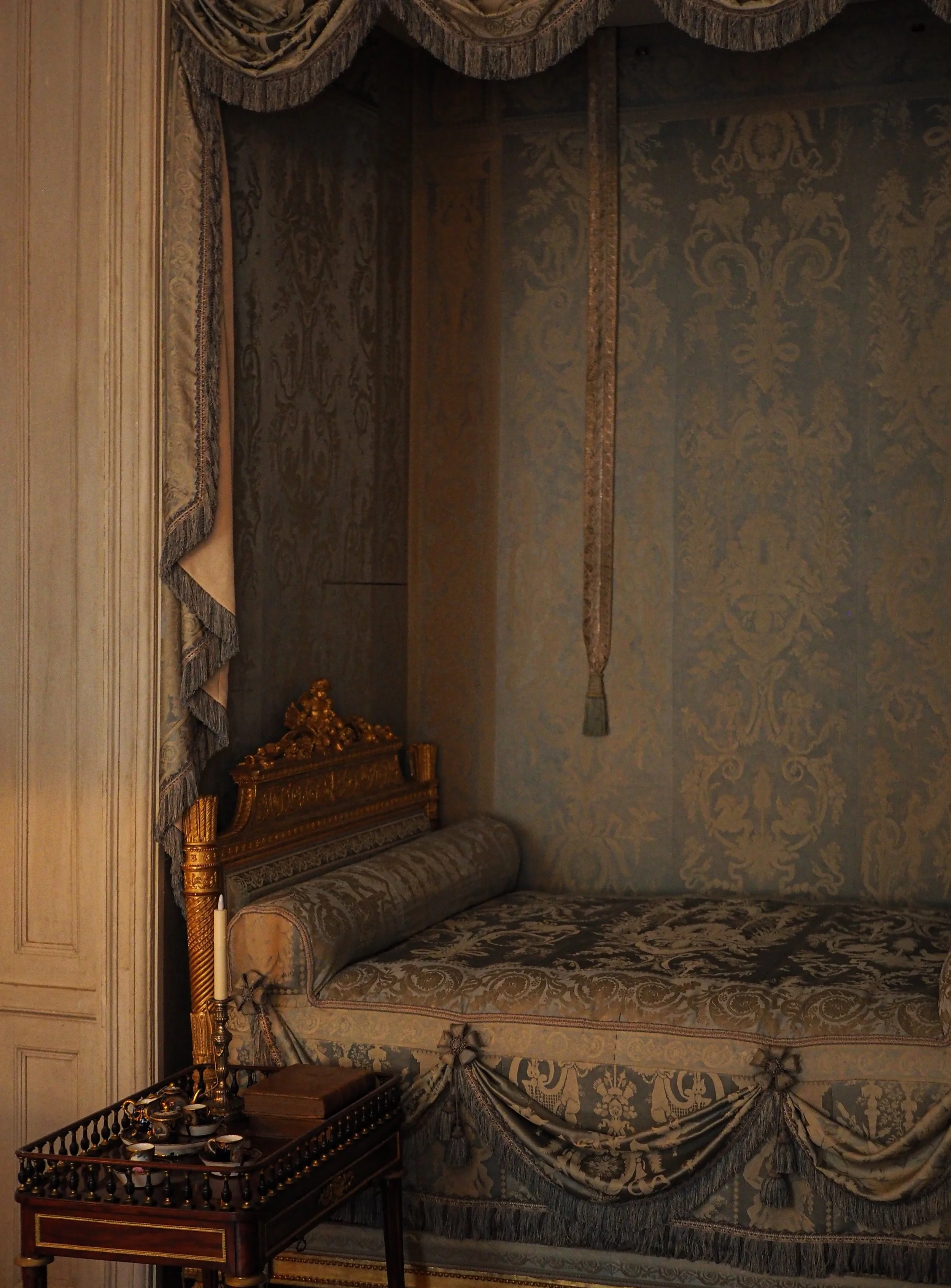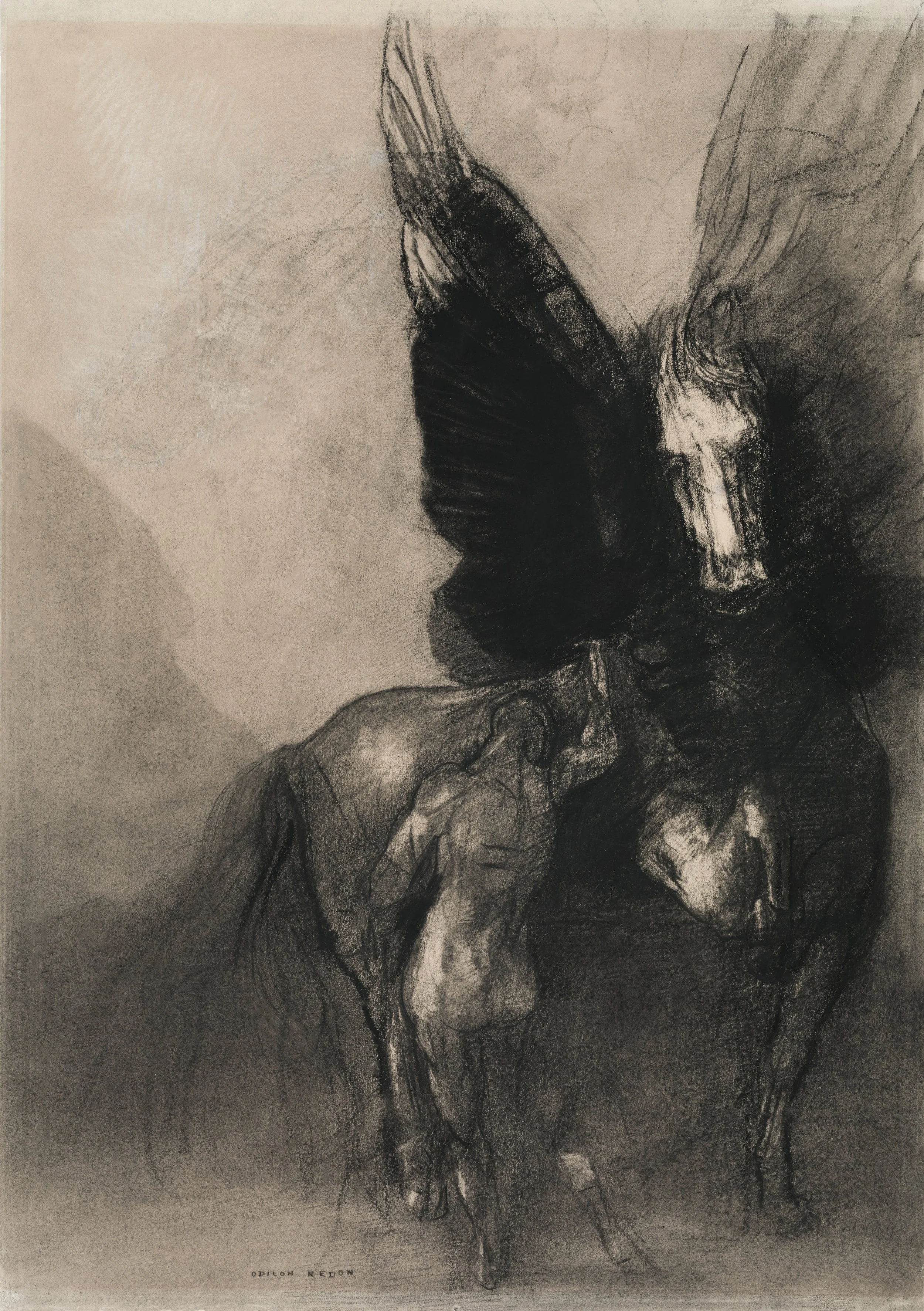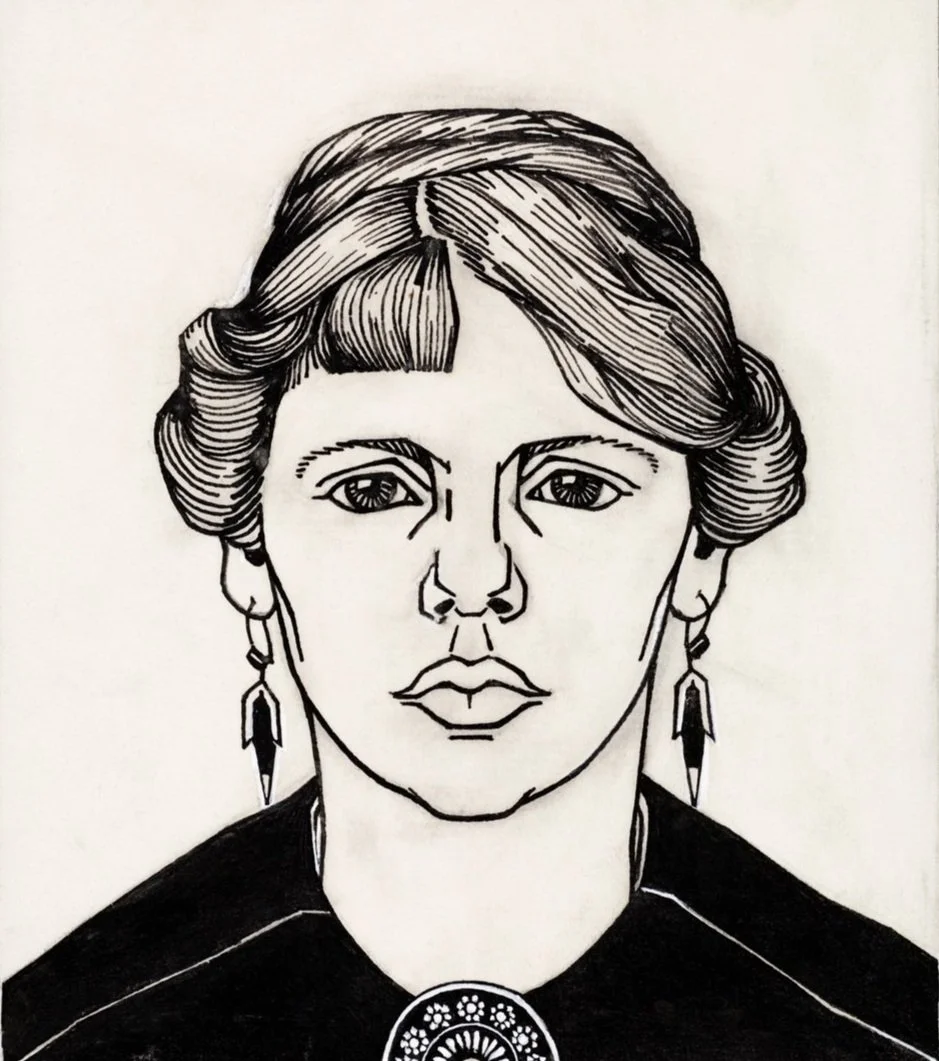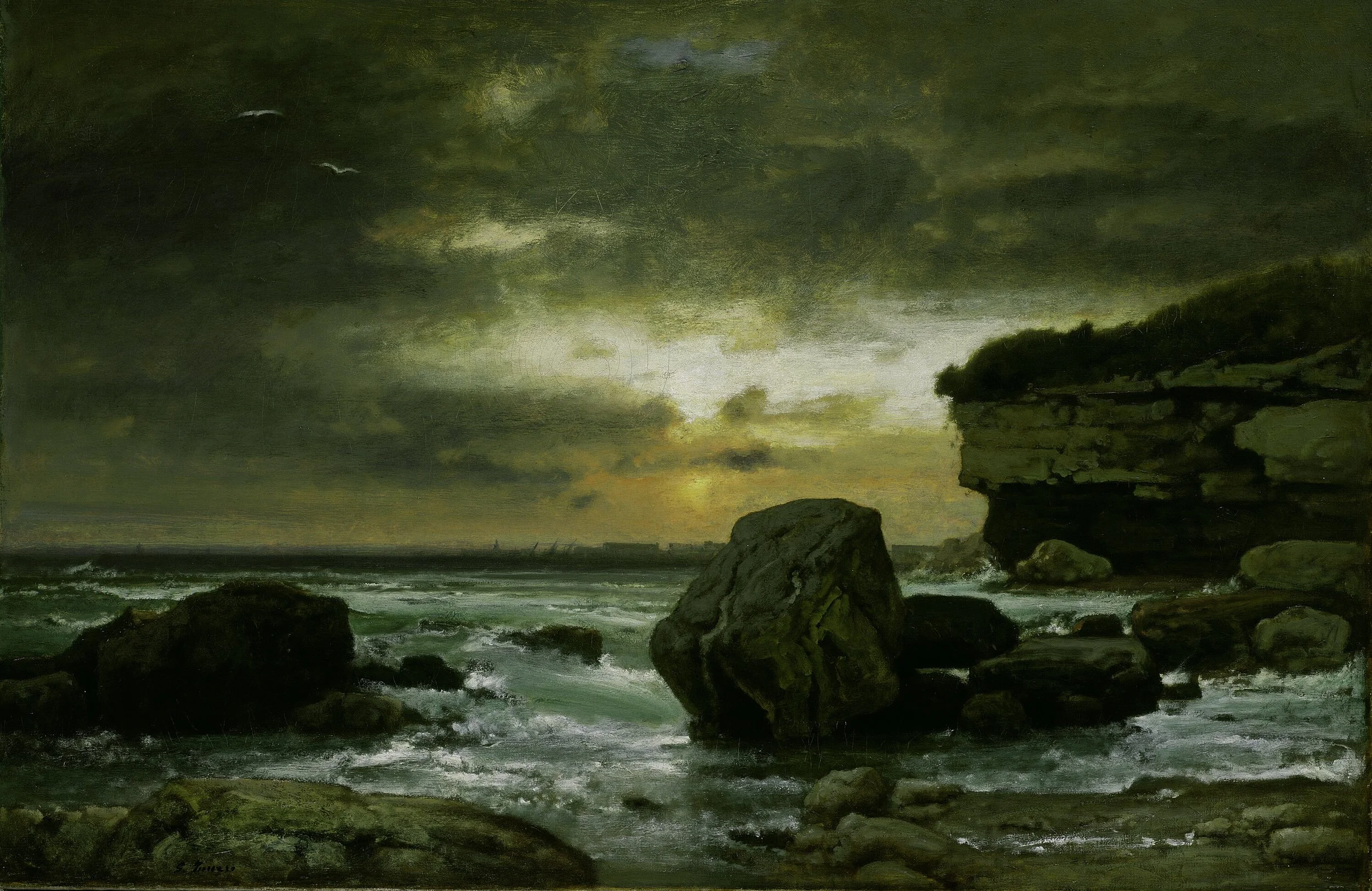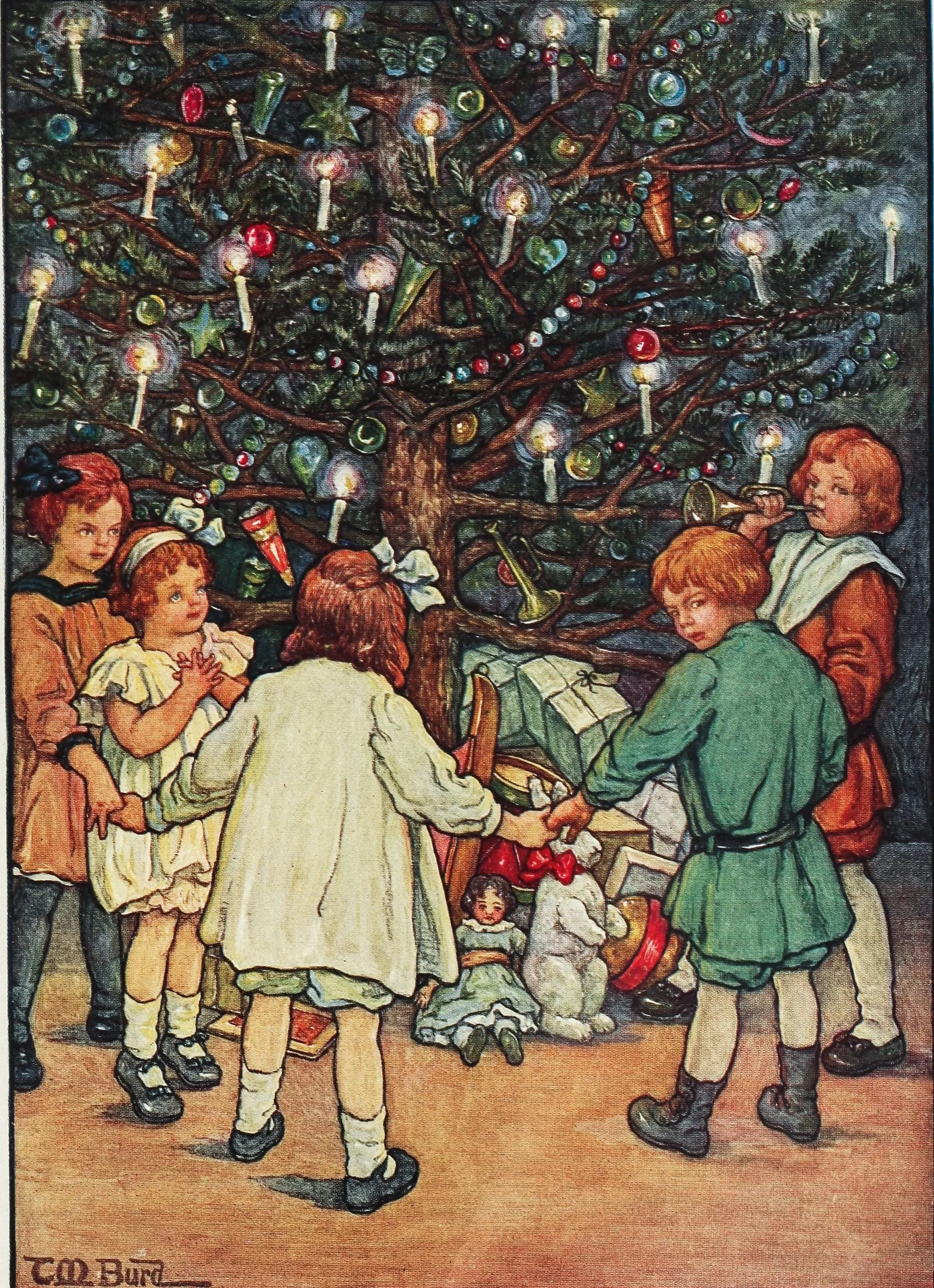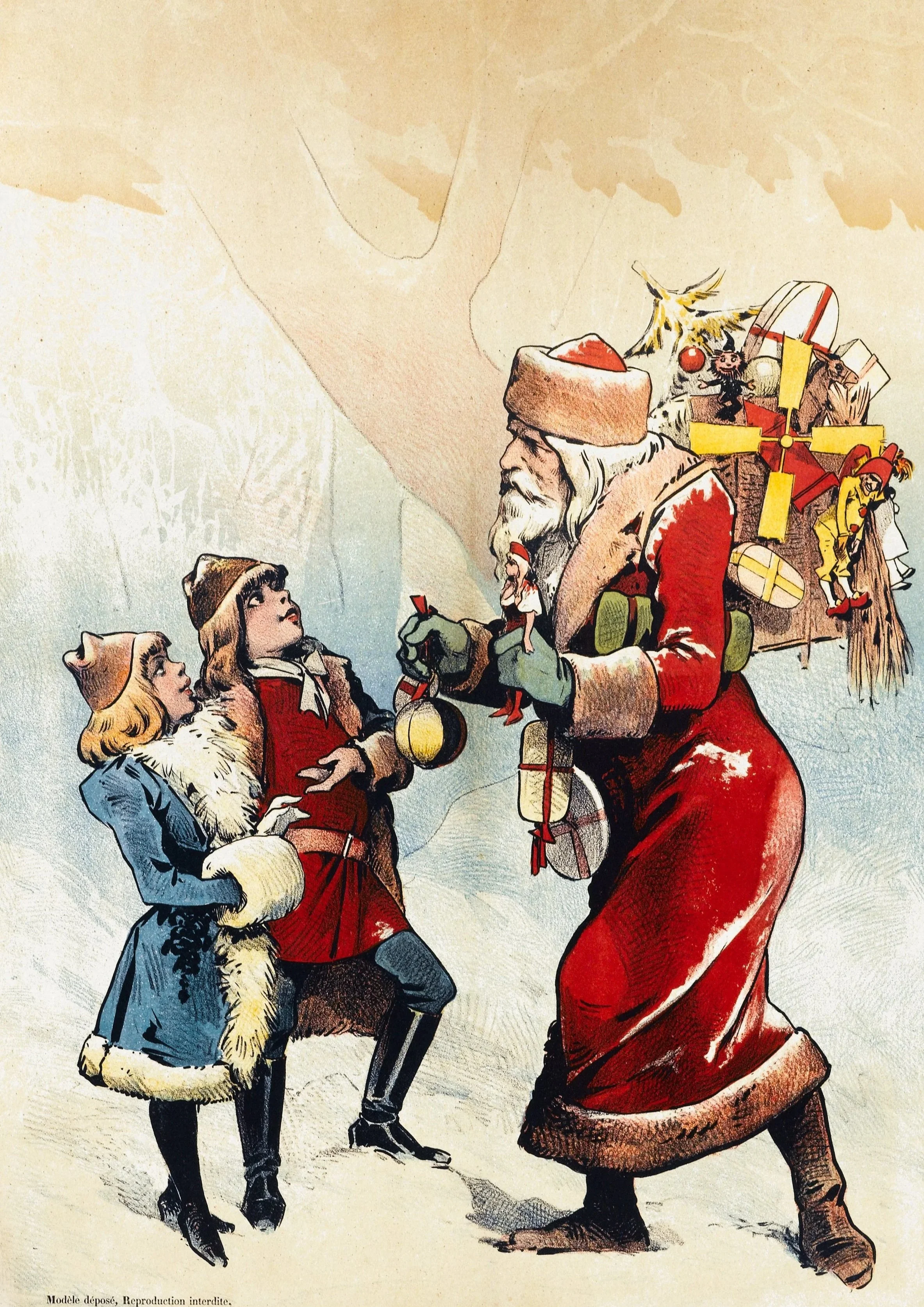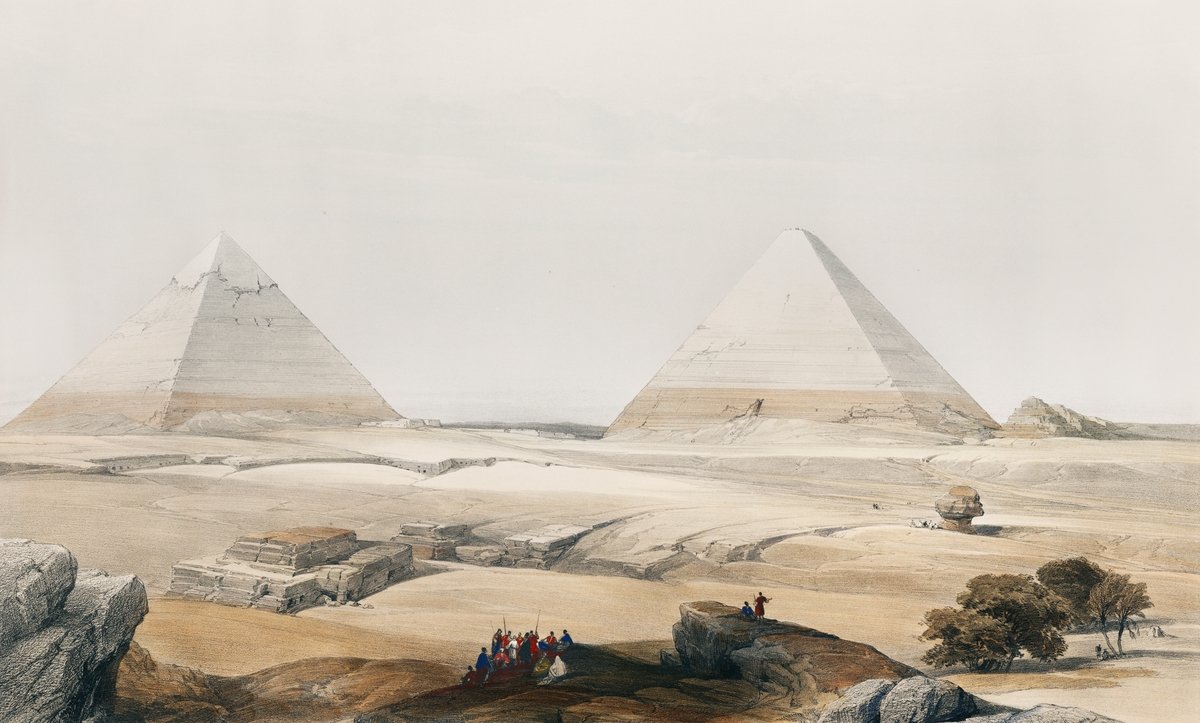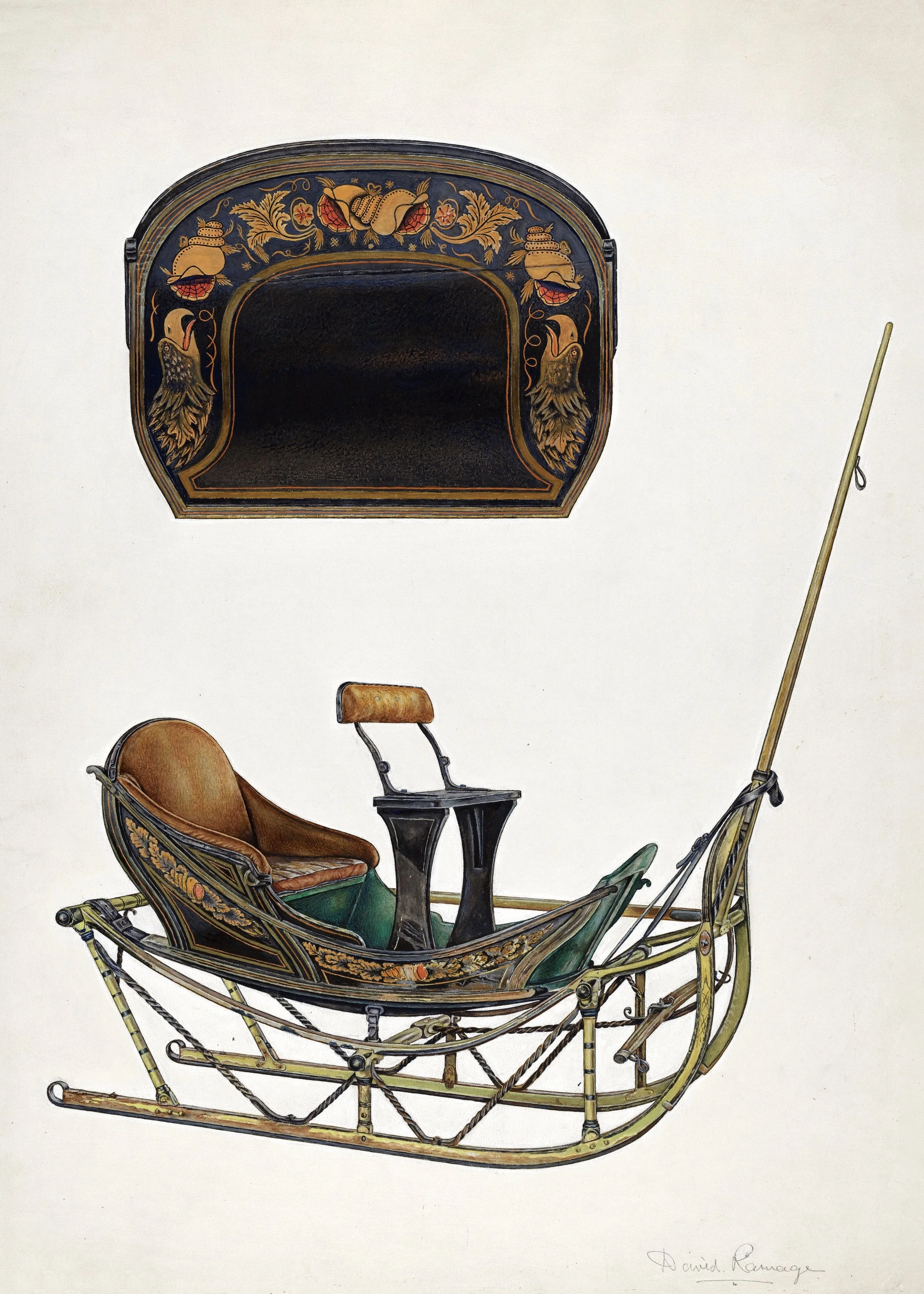
A Christmas Tree
Dickens’s “A Christmas Tree” wanders through the ornaments of childhood memory, using the Christmas tree as a symbolic ladder from toys to tales to ghostly imaginings and finally to spiritual reflection. It’s a dreamy, nostalgic essay that captures how Christmas gathers together wonder, fear, and hope across a lifetime.
What Christmas Is As We Grow Older
Dickens meditates on how the meaning of Christmas deepens with age, expanding beyond youthful fantasy into a season of remembrance, compassion, and forgiveness. He urges readers to “shut out nothing,” embracing joy and sorrow alike as part of the holiday’s enduring humanity.
My Christmas Dinner
In contrast to the boisterous abundance celebrated in Dickensian feasts, this story lingers on the dissonance between expectation and experience, capturing the melancholy of a solitary holiday meal with understated precision. The author, unnamed, delivers a narrative that winks at Victorian propriety even as it peels back the veneer of seasonal civility.
The Chimes
Often overshadowed by A Christmas Carol, The Chimes is Charles Dickens’s sharper, more radical holiday tale—an indictment of institutional cruelty and moral complacency, wrapped in the eerie clang of spectral bells. Written in the wake of political disillusionment, it offers not comfort but confrontation, demanding that readers reckon with poverty not as scenery, but as scandal.
Impressions of an Indian Childhood
In Impressions of an Indian Childhood, the opening chapter of American Indian Stories, Zitkala-Ša renders a vivid and tender portrait of life on the Yankton Sioux reservation through the eyes of a child, infused with sensory detail, matrilineal intimacy, and the subtle tension of a world soon to be disrupted.
To Be Read at Dusk
In To Be Read at Dusk, published in the Christmas issue of Household Words, Dickens departs from his usual moral terrain to conjure a brief, unsettling meditation on fate and foreboding. Framed as a twilight conversation among travelers, the tale unfolds like a whispered ghost story—unresolved, uncanny, and lingering in the mind like a half-remembered warning.
My New Years Eve Among the Mummies
Grant Allen blends satire and Egyptomania into a brisk, irreverent fantasy that skewers Victorian pretensions of science, empire, and masculinity. What begins as a tongue-in-cheek archaeological lark slips into absurdity and dream logic, exposing, beneath its comic veneer, the anxieties of a culture both obsessed with the ancient and blind to its own vanities.
A Christmas Carol
In this abridged version of A Christmas Carol from A Budget of Christmas Carols, Dickens’s tale is distilled to its moral essence: a miser’s nocturnal reckoning and the redemptive promise of human kindness. Though stripped of some of its original texture and psychological depth, the story retains its spectral clarity and Victorian earnestness, offering a portable parable of charity, memory, and transformation at the edge of winter.
A Kidnapped Santa Claus
In A Kidnapped Santa Claus, originally published in The Delineator, L. Frank Baum transposes his characteristic whimsy onto the Christmas mythos, imagining Santa not as omnipotent benefactor but as a vulnerable figure besieged by demonic forces opposed to joy. Beneath its fanciful surface lies a quietly modern anxiety—the fragility of good will in a world increasingly shaped by doubt, disruption, and the struggle to preserve innocence.
The Christmas Gift
Richmal Crompton sidesteps sentimentality to deliver a quietly devastating portrait of holiday sacrifice and emotional restraint. With her signature precision and moral subtlety, Crompton reveals the unspoken costs of duty, where love is measured not in grand gestures, but in the quiet erasure of one’s own desires.
Christmas
More reverie than reportage, this chapter restores Christmas to its imagined origins: not as spectacle, but as sanctuary. In Irving’s hands, the holiday becomes a tapestry of tradition and gentle nostalgia, embroidered with the hope that old joys might still be revived in new lands.
The Curious Case of Benjamin Button
A man is born old and grows younger — an elegant conceit that lets Fitzgerald turn time on its head. The Curious Case of Benjamin Button is at once slyly comic and quietly mournful, a tale that uses fantasy not to escape reality but to sharpen its outlines.
Mother Sauvage
In Mother Sauvage, Maupassant strips war of its grandeur to reveal the private, brutal calculus of grief and vengeance. With unsparing restraint, he crafts a tale in which maternal sorrow becomes indistinguishable from moral reckoning, and mercy flickers out like a match in the snow.
The Blizzard
Pushkin unfolds a tale of fate and farce, where miscommunications and misfired intentions dance through a snowbound night with operatic irony. What begins as a romantic elopement collapses into absurdity, only to resolve years later with a twist as swift and cold as the storm that started it.












